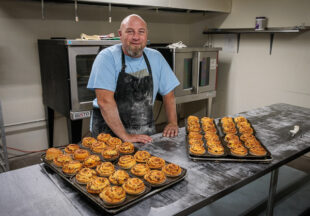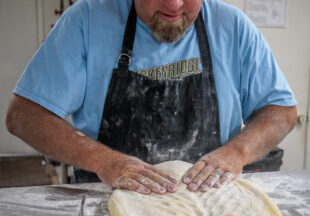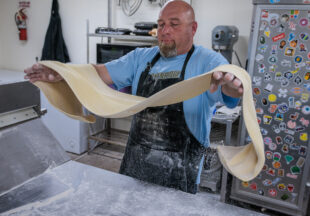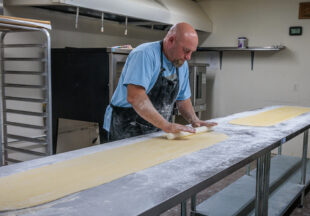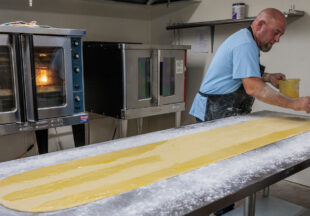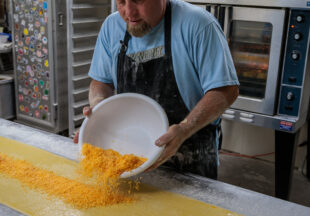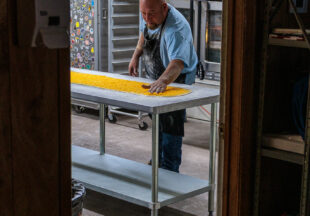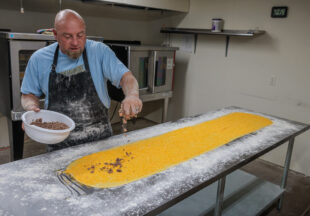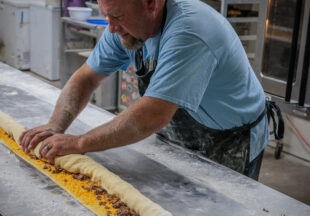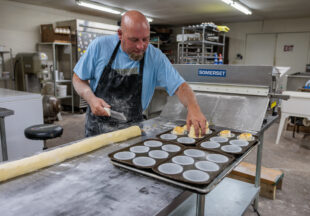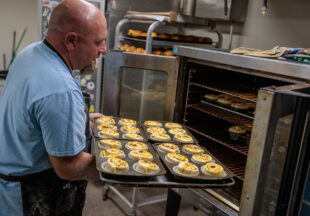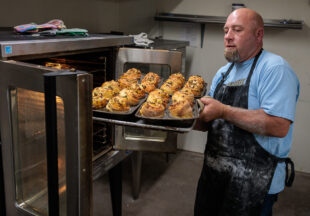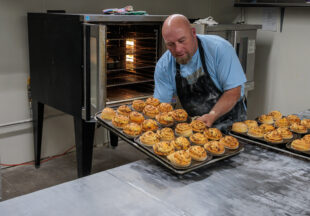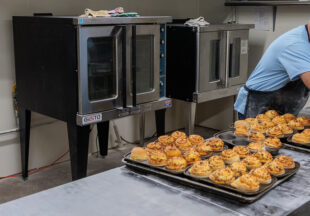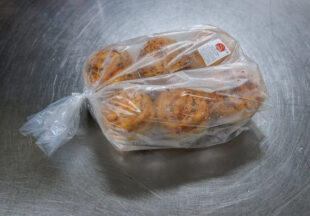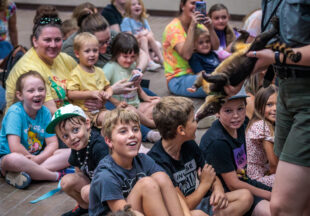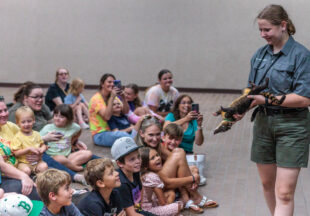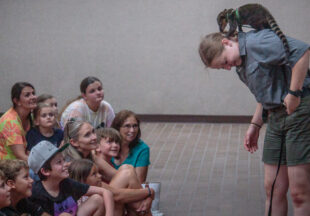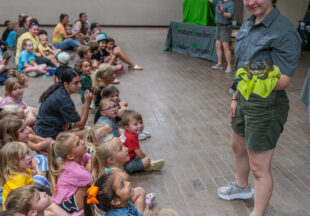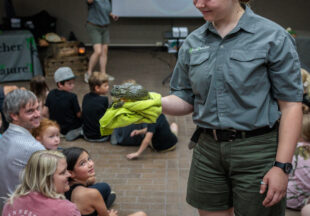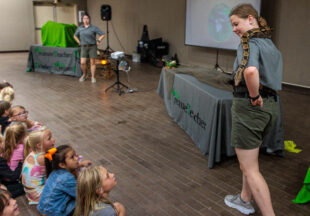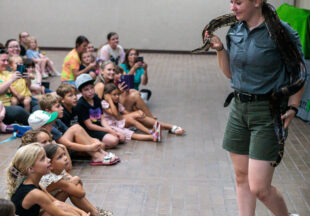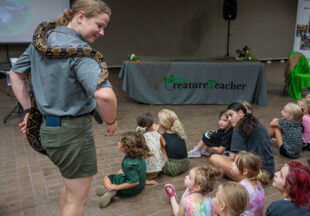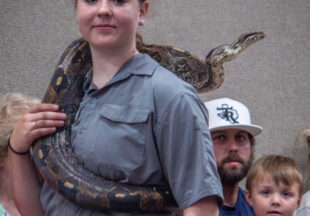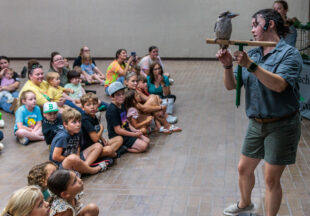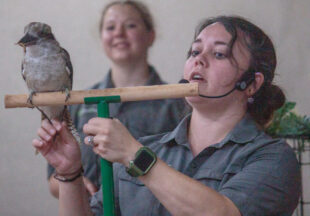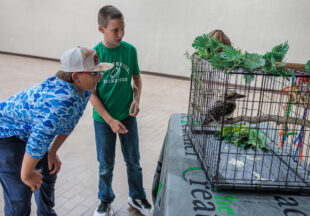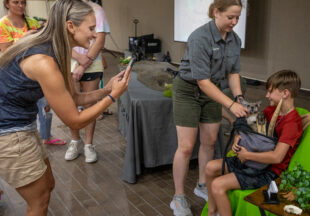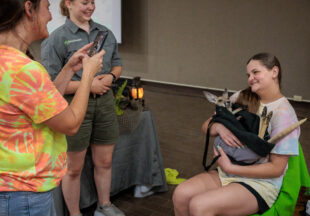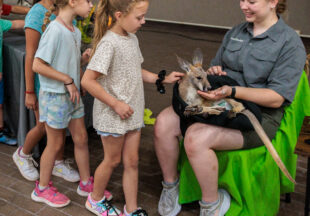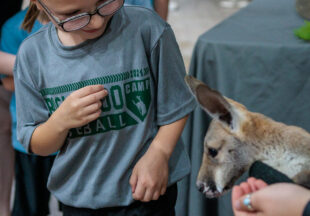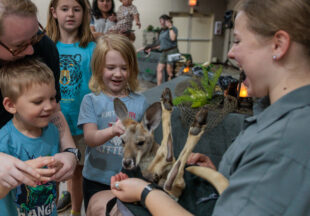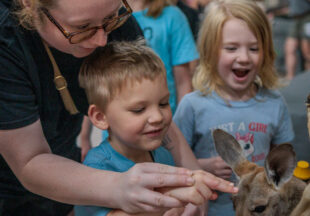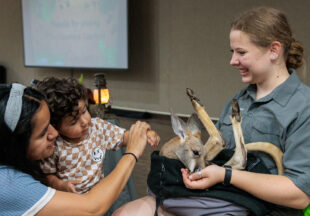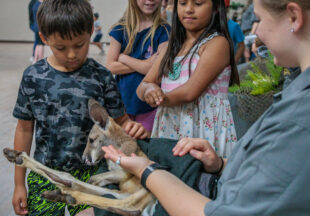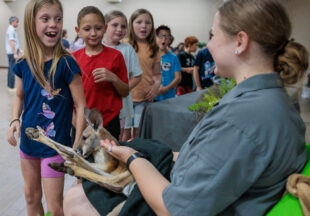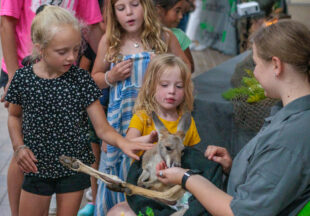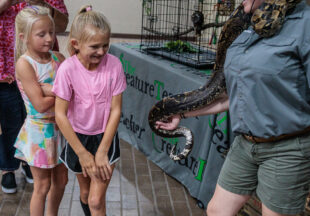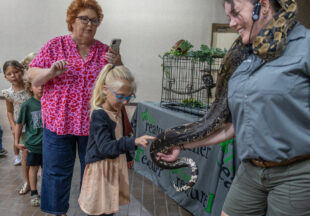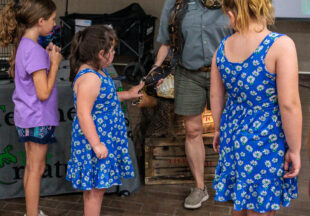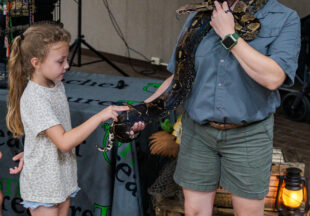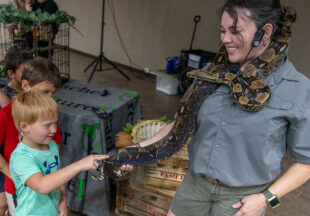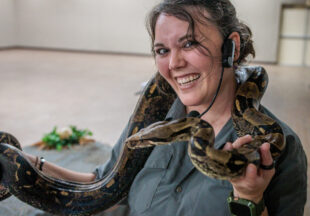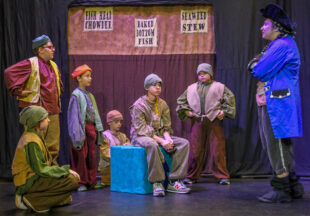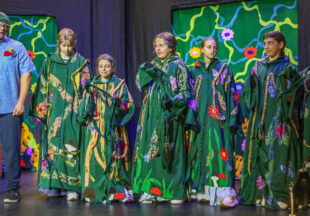Glenn Rogers discusses doing our part for first responders

By Glenn Rogers/Texas House of Representatives – District 60
It’s been said many times over that a hero is “someone who runs towards danger, while others run away from it,” and over the course of this summer, it would be hard to look at our volunteer firefighters, and other first responders, and see them as anything but heroic.
On Thursday, June 23, Palo Pinto Fire 3410, nicknamed the “Dempsey Fire,” began ravaging Palo Pinto County ─ much of it on my ranch and dangerously close to my home. In just a few short days, the small 300-acre fire expanded over 40 times its original size. The Dempsey Fire burned almost 12,000 acres and, as of July 4, is 100 percent contained. I am sure many of my constituents in Eastland and Brown counties can draw parallels to this past Spring when the Eastland Complex Fire decimated over 50,000 thousand acres before finally being contained in late March. For many of us rural Texans who were, and still are, affected by the destructive wildfires throughout 2022, our first priority is to evacuate and make sure our families are safe from harm.
However, the many first responders who make up our law enforcement officers, medical personnel, and volunteer fire departments courageously run headfirst towards the danger and put their lives on the line for our safety. Unlike larger metropolitan areas, rural wildfires tend to be far more widespread, and our resources for combating them are often underfunded. Many of our local first responders rely heavily on state grants, community donations, and the selflessness of local residents to remain adequately supplied and staffed.
As we worked to make sure my family, pets, and cattle were taken safely off the property, brave men and women from Palo Pinto County and countless other communities were rushing in the opposite direction to prevent further loss of life or property. The firefighters who served during the Eastland Complex Fire can further attest to “round the clock” shifts with little sleep or time to check in on their families. Time and time again, the volunteer and local fire, medical, and law enforcement responders put themselves on the line to defend our communities from the worst Mother Nature has to offer.
At the same time, it is on the rest of us in the community to do our part in supporting our first responders and be good stewards of the people who take a risk each time they put on the uniform. The first and most crucial step we must take is common sense in natural disaster prevention and preparedness. Rural Texas is the agricultural heartbeat of the United States, and we sustain our production with large amounts of ranch, farm, and grassland. In dry, hot conditions, much of this land is heavily susceptible to fire ─ and once a fire starts, it can quickly become unmanageable.
While the cause of the Eastland Complex fire is under investigation, the Dempsey Fire was apparently started by a single errant spark from a welding operation. The fire which burnt down Main Street in Ranger, Texas, was caused by a knocked-over barbecue grill. In a time when our rural towns are more susceptible to wildfire, it is imperative we remain cautious with flammable or volatile materials in our rural areas. Our first responders have an obligation to fight against the fires that ravage our communities; however, careless actions can create an out-of-control situation that puts our police, medical, and fire personnel at risk and can devastate families’ homes, businesses, and public institutions. It is vital that residents of House District 60 respect local burn bans and keep fire extinguishers or other protective gear on hand when handling an open flame.
Second, it is necessary that we recognize the conditions that plague many of our local volunteer fire departments. As mentioned before, many of our rural first responders are underfunded and understaffed. The Rural Volunteer Fire Department Assistance Program assists in securing large grants and donations for rescue equipment, emergency vehicles, technology, and training for VFDs across Texas. However, they cannot do it alone. With current outstanding requests in 2022 exceeding $200 million during one of the largest wildfire years on record, this program cannot meet the growing necessities of our rural first responders.
It is time for those of us that benefit from these services to take greater responsibility in supporting them. While these departments appreciate the pallets of Gatorade, water, and other snacks, donations of cash, checks, or gas cards are essential to help offset the cost of operations. Civic organizations, local officials, and individuals should, when possible, offer up donations or support to our first responders to assure they are well supplied for the next big emergency. For those who have generously given to our first responders, thank you for your donation!






